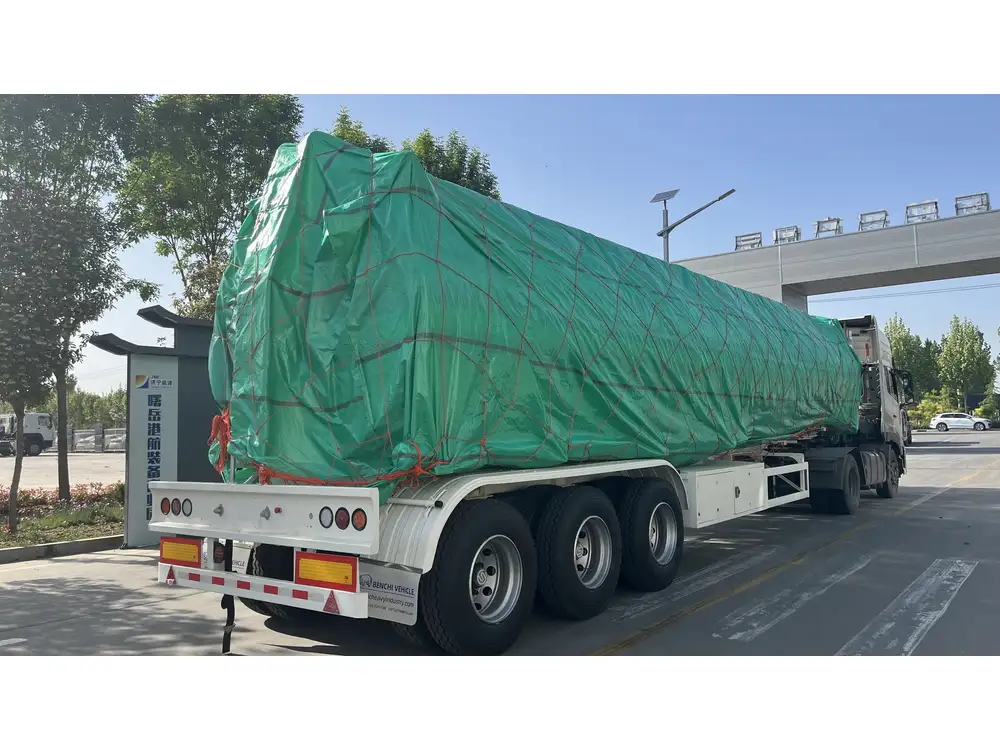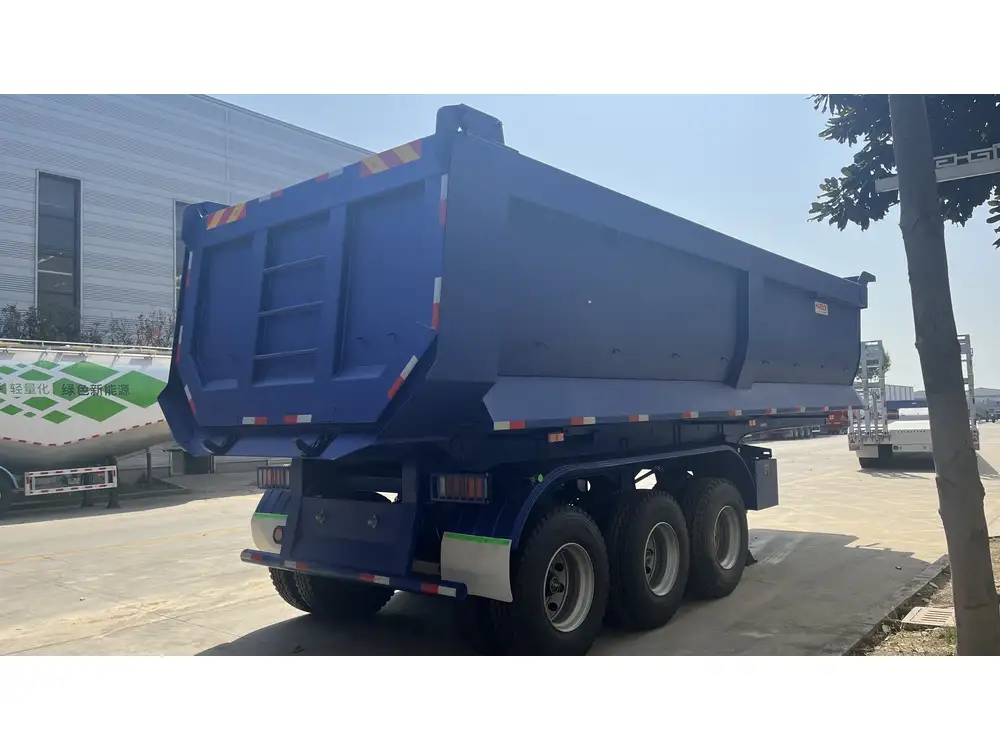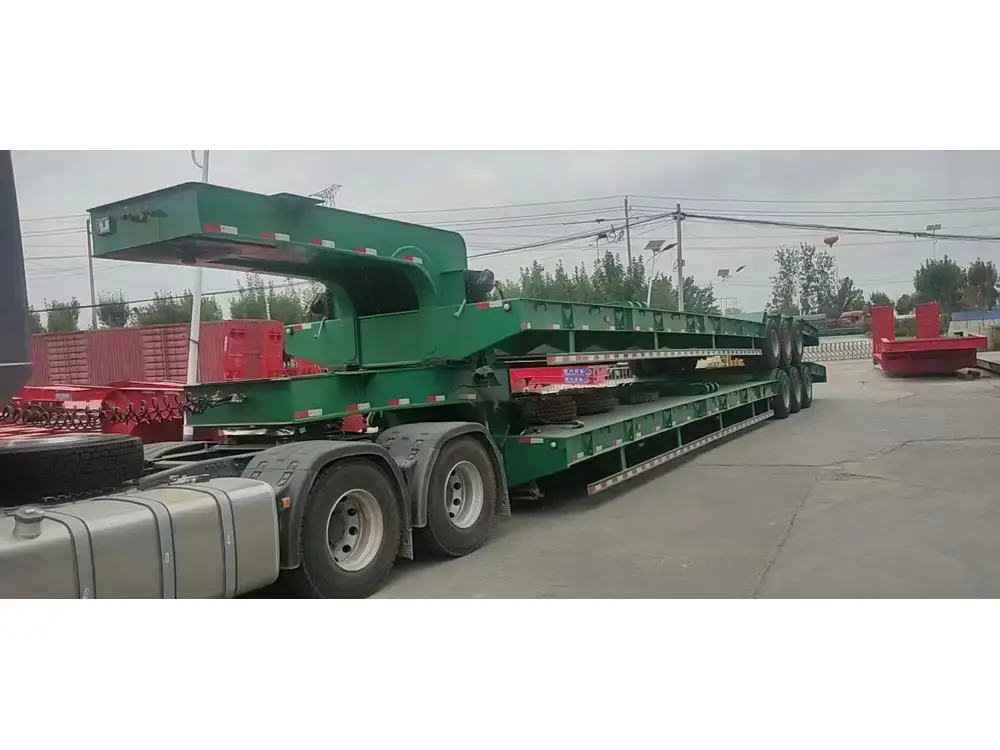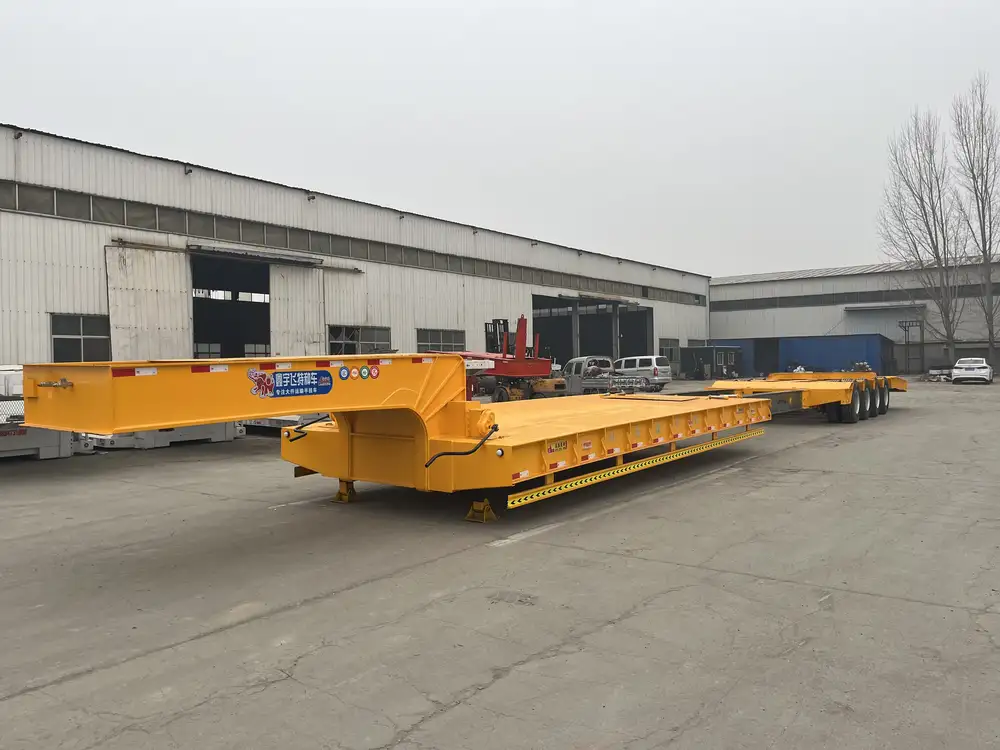When it comes to hauling goods safely and efficiently, wood flatbed trailers stand as a versatile choice for many businesses and individuals. But how much does a wood flatbed trailer cost? Let’s dissect this query and shed light on the several factors influencing the price, types available, the benefits of choosing wood over other materials, and how to make an informed purchase.
Table of Contents
- Factors Influencing the Cost of Wood Flatbed Trailers
- Trailer Size and Capacity
- Material Quality
- Manufacturer Reputation
- Additional Features and Customizations
- Types of Wood Flatbed Trailers
- Standard Wood Flatbed Trailers
- Heavy-Duty Wood Flatbed Trailers
- Custom-Built Wood Flatbed Trailers
- Cost Breakdown of Wood Flatbed Trailers
- Benefits of Wood Flatbed Trailers
- Purchasing Considerations
- New vs. Used
- Financing Options
- Warranty Considerations
- Conclusion
Factors Influencing the Cost of Wood Flatbed Trailers
Understanding the factors that affect the cost of wood flatbed trailers can help potential buyers make informed decisions.

Trailer Size and Capacity
The size of the trailer will significantly affect the price. Standard wood flatbed trailers can range from 12 to 40 feet in length, while width typically spans around 6 to 8.5 feet. A larger trailer capable of carrying more weight naturally incurs a higher cost. For example, a larger flatbed trailer with a greater load capacity might start at $5,000, whereas smaller models may begin around $3,000.
| Trailer Length | Typical Price Range |
|---|---|
| 12 feet | $2,500 – $4,000 |
| 20 feet | $4,000 – $7,000 |
| 30 feet | $6,000 – $10,000 |
| 40 feet | $8,000 – $15,000 |
Material Quality
The type of wood used in the construction of the flatbed trailer plays a crucial role in determining its price. High-quality materials such as treated lumber or marine-grade plywood will elevate costs but provide superior durability and longevity. Consequently, buyers can expect to pay anywhere from $3,000 to $12,000 depending on the quality of materials used.
Manufacturer Reputation
Established manufacturers with a history of quality production and positive customer feedback may charge more based on their reputation. Their commitment to quality assurance, additional features, and warranty services justify the premium. It is worthwhile to examine reviews to understand the value offered before making a decision.

Additional Features and Customizations
Customized trailers, which include features like reinforced framing, additional axles, or specialized attachments, come with a premium. These upgrades can significantly affect the base price of the trailer. For standard models, costs might increase by $500 to $3,000 based on the specific requirements.
Types of Wood Flatbed Trailers
When considering a flatbed trailer, it’s crucial to understand the different types that suit various needs and budgets.
Standard Wood Flatbed Trailers
These are the most commonly available flatbeds, primarily used for light to medium-duty hauling. Priced competitively, they are ideal for everyday tasks and are generally available in various sizes.

Heavy-Duty Wood Flatbed Trailers
For businesses requiring a more robust solution, heavy-duty trailers are an excellent option. These models can handle substantial loads and typically have reinforced structures to withstand harsh conditions. Prices for these trailers often start around $8,000, depending on configurations.
Custom-Built Wood Flatbed Trailers
For niche requirements, custom-built options allow for tailored designs that fit specific operational needs. However, the price for these trailers varies greatly based on unique specifications, potentially exceeding $15,000.
Cost Breakdown of Wood Flatbed Trailers
A breakdown of the costs associated with purchasing a wood flatbed trailer can help clarify the overall investment required.
| Expense Category | Estimated Cost Range |
|---|---|
| Base Trailer Price | $2,500 – $15,000 |
| Licensing and Registration | $100 – $400 |
| Maintenance Supplies | $50 – $200 annually |
| Insurance | $300 – $600 annually |
| Customization Costs | $500 – $3,000 |
Understanding these expenses can illuminate the total cost of ownership and aid in budgeting effectively.

Benefits of Wood Flatbed Trailers
Wood flatbed trailers offer several significant advantages, making them a popular choice among users:
Readily Available Materials: Wood is typically more accessible and may contribute to reduced costs in construction and repair.
Environmentally Friendly: Wood is a sustainable resource, appealing to businesses focused on eco-friendly practices.
Versatility: Wood flatbed trailers can be configured for various tasks, from transporting lumber to equipment, making them an attractive investment.
Aesthetic Appeal: Wood trailers can provide a rustic charm and strengthen brand identity for companies in sectors such as landscaping or organic goods.
Ease of Repair: Should damage occur, wooden trailers can often be repaired with less specialized knowledge compared to metal counterparts.
Purchasing Considerations
New vs. Used
Buying a new trailer appears enticing but evaluating the pros and cons of used options can unearth substantial savings.
New Trailers: Up-to-date technology, warranties, and customizable features. Prices begin at around $3,000.
Used Trailers: Generally more affordable, often ranging from $1,500 to $8,000, but suitable inspection for wear and potential repairs is essential.

Financing Options
Many manufacturers and distributors offer financing plans. Taking advantage of these options can ease the upfront financial burden, especially on high-end models. Interest rates will vary, so it’s advisable to shop rates or consider sourcing from a dealership that offers reputable financing solutions.
Warranty Considerations
A solid warranty offering can protect your investment, ensuring repairs or replacements cover manufacturing defects. Specifics may include limited time [e.g., 1-year warranty] against wear and tear, which illustrates the manufacturer’s confidence in their product quality.
Conclusion
In conclusion, the cost of wood flatbed trailers is multifaceted, influenced by size, material quality, and a myriad of customizable features. As we analyze the costs and benefits associated with these trailers, businesses and individuals can equip themselves with the knowledge necessary to make informed purchasing decisions. From standard models for everyday tasks to heavy-duty and custom-built trailers for specialized operations, there’s a wood flatbed trailer suited to various needs.
Investing in a wood flatbed trailer not only expands hauling capabilities but can also position a business for growth and efficiency. As the demand for durable, versatile, and environmentally-conscious solutions rises, wood flatbed trailers exemplify an astute choice for those striving for optimal performance on the road.
By comprehensively evaluating all elements, you are empowered to select a trailer that aligns with your requirements, maximizes your investment, and enhances operational logistics in your endeavors.



